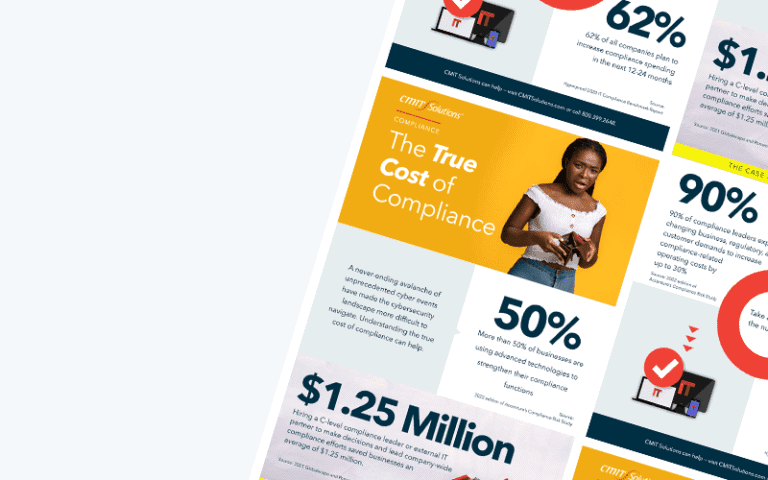1. What types of data backups do you offer?
We provide cloud backups, on-premises (local) backups, image-based backups, incremental & full backups, and hybrid combinations.
2. How often are backups performed?
Backups can run continuously, hourly, nightly, or at intervals tailored to your data change frequency and business needs.
3. How quickly can data be restored after a loss?
Recovery time depends on the size and type of data, but our goal is fast restores — often within minutes to a few hours depending on your plan.
4. Are backups encrypted and secure?
Yes — backups are encrypted in transit and at rest, stored in geographically diverse data centers, and maintained with version history to prevent tampering or ransomware impact.
5. How do you test if backups are reliable?
We perform scheduled restore tests (monthly or more frequently) to validate backup integrity, ensuring that your data can indeed be recovered.
6. What happens if a backup fails?
Our system monitoring will alert us immediately. We’ll investigate the cause, retry or repair, and ensure your backup schedule remains consistent.
7. Does backing up data also protect against ransomware or cyberattacks?
Yes — in a ransomware event, we can isolate the infected systems, wipe them clean, and restore data from the most recent clean backup point.
8. Can I access my backed-up files remotely?
Yes — depending on your plan, you can securely access backed-up files from anywhere, across devices, with controlled permissions.
9. What is your retention policy and versioning?
We maintain version history of files, retaining multiple past versions (daily, weekly, monthly) so you can recover previous iterations, not just the latest.
10. How do I get started with your backup services?
Contact us for an initial assessment. We’ll review your data landscape, recommend a backup strategy, implement it, test it, and provide training and ongoing support.


 Managed Services
Managed Services
 Cybersecurity
Cybersecurity
 Productivity Applications
Productivity Applications
 IT Support
IT Support
 Cloud Services
Cloud Services
 Network Management
Network Management
 Compliance
Compliance
 Data Backup
Data Backup
 Unified Communications
Unified Communications
 IT Guidance
IT Guidance
 IT Procurement
IT Procurement























